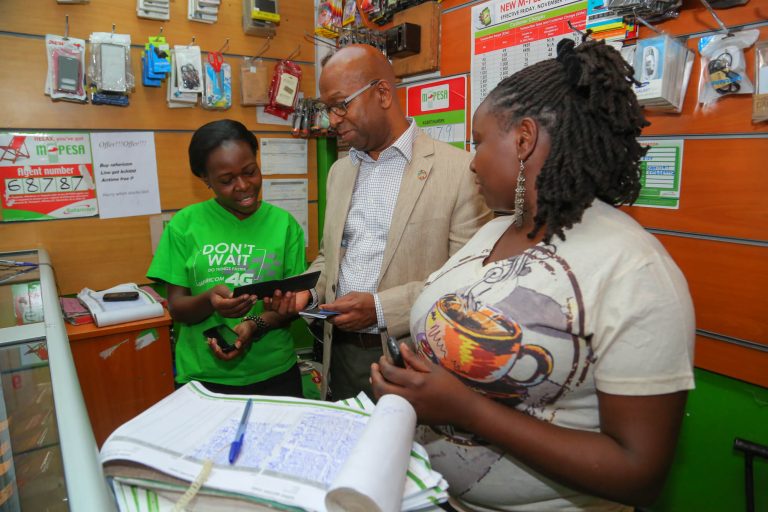
With the big four agenda, mapped down to four key sectors namely manufacturing, food and security, healthcare and housing, Kenya Revenue Authority is seeking an avenue to generate revenue to meet this humongous budget.
By taxing the mobile money users, which will incept the economy when the treasury tables the 2019 budget, KRA looks to collect sh4 Billion by December this year.
The authority hopes that by accessing individual and companies’ mobile money transactions in a new war against tax cheats they will boost its financial data gathering scheme to unearth income sources which have not been declared in tax returns and demand full compliance.
Access to Safaricom’s Mpesa transactions would give the taxman financial, information to track tax evaders. Safaricom has over 16.6 million active users with a monthly person to business transactions of over sh24.1 billion and mobile users transacting over 2. 8 trillion shillings in a year.
“The authority’s plans to expand its taxpayer base by roping in individuals and businesses trading at the retail level, We have been discussing M-Pesa even though we intend to first focus on the merchant transactions or the Paybill money movements. Within the next year, we will be talking a lot more about where we are but it is something we are already developing. That is useful data which we will use it for the right purpose. We will not harass people,” said Commissioner General John Njiraini in an interview with the
Business Daily.
The information screened from the transactions will be fed into KRA’s Data Warehouse and Business Intelligence (DWBI) system, set to be operational by September. It will help profile the financial activities of millions of M-Pesa users by suggesting their income levels, effectively narrowing chances of evading tax.
The authority plans to tap from the stock exchange and property purchase records to identify any inconsistencies which might prove tax evasion.
Critics of the initiative, however, believe the legal backing required to set it rolling will be huge and might involve a constitutional change through a referendum.
Mr Njiraini said the plan is the only way to ensure the tax burden was evenly spread between those in business and those in informal jobs.





